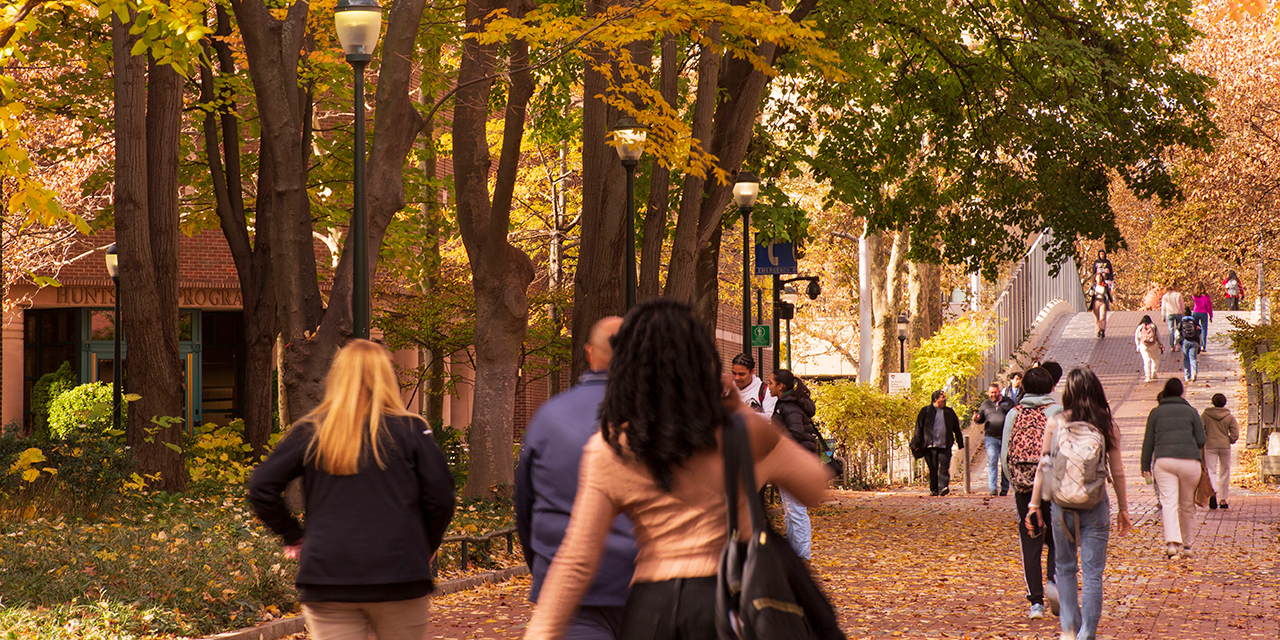In May and June, Paris was besieged by tens of thousands of French citizens who braved the risk of Covid-19 to demonstrate under the banner of the Black Lives Matter movement, while carrying portraits of George Floyd like a martyr’s icon. Far away from Minneapolis, these demonstrators belonged to the various ethnic communities—white included—that now constitute French and American society.
This incursion of an American-originated uprising in the streets of France is not without precedent: in 1953, the French manifested their support for the Rosenbergs before the couple’s execution for espionage. The outpouring was initiated by the French Communist Party, which had close relations with the Soviet Union, and it appealed to what was then a broad base of anti-Americanism. In 1967, the French demonstrated against the Vietnam War, though they had shown little indignation toward this same war when it was conducted by the French colonial army. Synchronization with American uprisings gave way quickly to the “events” of May 1968 in France—a singularly French happening, infused with a kind of poetic idealism but no definable political agenda.
The eruption of the BLM protests is different because, beyond the expression of solidarity with George Floyd and what he symbolizes in the United States, the French find themselves confronted, and not just in the universities, with the “black question” in their country, and with the problem of French racism more generally. George Floyd has a French counterpart, Adama Traoré, the son of immigrants from Mali, who died in 2016 at the hands of the police under circumstances strikingly similar to the death of George Floyd. Traoré’s sister Assa, a schoolteacher, protested the killing from the beginning and never accepted the argument of innocence on the part of the police and the justice system. The Traoré case has contributed significantly to BLM’s taking hold in France.
Are the French police racist, hostile to the two great minorities of recent immigration—Arab-Muslim and African? The question has not been addressed seriously, since France is supposed to know only citizens; their ethnic origins, culture, and religion cannot legally be surveyed in a census. In France, race is supposed to be invisible; no one belongs to a community other than the nation, and “communitarianism” (i.e., identity politics) is denounced on both the Right and the Left as a betrayal of the French ideal. The only publicly accepted “religion,” which in theory is not a religion, is laïcité, a sort of secularism of the Republic. It is in the name of this laïcité that all public religious expression, such as the Islamic woman’s veil, is prohibited in schools. If religiosity is expressed too visibly, or if one identifies with one’s ethnic community, one is soon suspected of moving toward the “American model.” French president Emmanuel Macron’s government is considering a law that would ban “separatism,” a thinly veiled allusion to Islam and to African identity.
The ideal of laïcité is thus besieged by Black Lives Matter. Should France open itself to communitarianism and recognize the concept of racial identity—that Muslims and blacks are French, too, but in a particular way? In the past, France, supposedly secular and neutral, was anti-Christian, anti-Semitic, and hostile to immigrants; now it’s anti-Muslim. The intellectual founder of Black Studies in France, the Senegalese historian Pap Ndiaye, far from being an extremist, demands only—since the 2006 publication of his foundational book The Black Condition—that the African contribution to French civilization be recognized. It happens that Ndiaye symbolizes the intricate interconnection between French and American versions of the racial ferment: it was as a student at the University of Virginia that he discovered his black identity and the Black Studies that he would later import into France. Ndiaye might find an ally in Macron. The French president, in a speech that broke with the official version of the French colonization of Algeria and black Africa, stated several times that, far from embodying a noble mission civilisatrice, colonization was a “crime against humanity.”
It’s worth remembering, too, that Black Studies in America was strongly influenced, even decisively stamped, by French intellectuals, sociologists, and philosophers like Jacques Derrida, Michel Foucault, and Pierre Bourdieu—not to mention, of course, Frantz Fanon and Aimé Césaire. But the French school of critique won acclaim on American campuses before returning to its country of origin.
Reactions in the United States and France to the deaths of George Floyd and Adama Traoré pose the same question: how to preserve the unity of democratic nations, over and above their cultural diversity? In the United States, the question is too much in the air at the moment, to the point that it overwhelms all other discussions; in France, it is not asked enough. In both countries, though, the question is real—and failure to address it will not make it disappear.
Photo by Veronique de Viguerie/Getty Images





